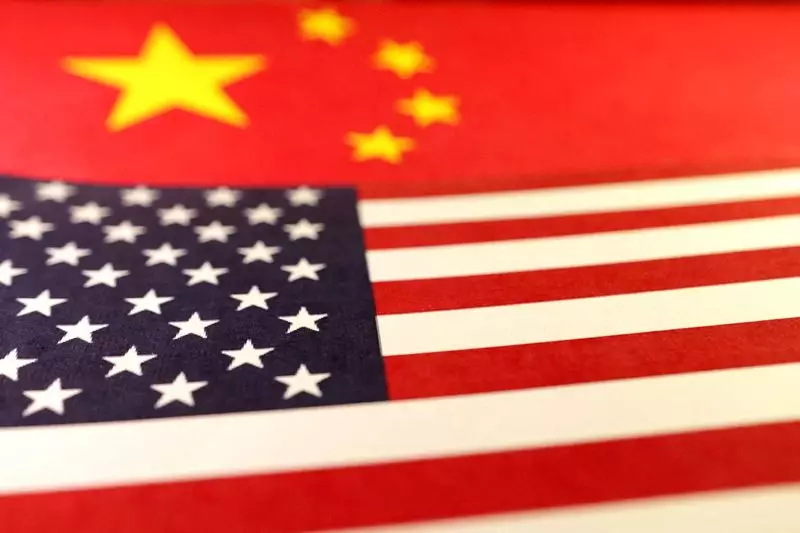A recent survey conducted by the American Chamber of Commerce (AmCham) in China reveals an alarming sentiment amongst American businesses operating within the nation. With more than half of the businesses expressing worry about future deteriorations in U.S.-China relations, this data point reflects the heightened tension characterizing the economic and diplomatic landscape between these two global giants. This shift indicates not only the anxieties faced by U.S. companies but also the broader implications of strained international relations on global markets.
The AmCham survey, which included responses from 368 member companies, reported that 51% of participants are apprehensive about worsening relations between the United States and China. This statistic, marking the highest level of concern in recent years, comes shortly after President Donald Trump’s inauguration for a second term. His administration’s focus on punitive tariffs, especially concerning illustrative trade policies, raises questions about the future business environment for American firms in China. Such trade practices foster uncertainty, which makes firms hesitant to invest in a market rife with unpredictability.
Geopolitical tensions and trade disputes have emerged as primary stressors for U.S. enterprises operating in China. The complexities introduced by these tensions not only affect the operational strategies of American businesses but also create an atmosphere of mistrust. Alvin Liu, Chair of AmCham China, emphasized the significance of a stable and constructively developed relationship between the two nations for mutual prosperity and global economic stability. The interdependence of these economies underscores the potential ripple effects that any serious deterioration in relations could enact on the global market landscape.
Despite the prevailing concerns, approximately 50% of respondents continue to regard China as a key investment destination. However, the sentiment is not uniformly positive; the proportion of companies that no longer see China as a preferred choice for investment has surged significantly, more than doubling to 21%. This shift raises questions about competitiveness and the long-term viability of China’s market as an attractive investment hub amidst rising tensions and concerns regarding fair market access. The struggle for American businesses to compete on an equal level with local firms has emerged as a significant issue, contributing to the growing disenchantment with the prevailing business climate in China.
The feedback from the AmCham survey illuminates a critical juncture for U.S. businesses in China, encapsulating the nuanced challenges that lie ahead. Companies must navigate the precarious balance between seizing investment opportunities and mitigating risks associated with geopolitical strife. The combination of increasing tariffs, potential regulatory barriers, and a lack of equitable treatment in the Chinese market poses significant threats to American industries. As the global landscape continues to evolve, fostering a constructive dialogue and a mutually beneficial economic framework between the U.S. and China becomes imperative to regain a sense of stability and predictability within this crucial economic partnership.

